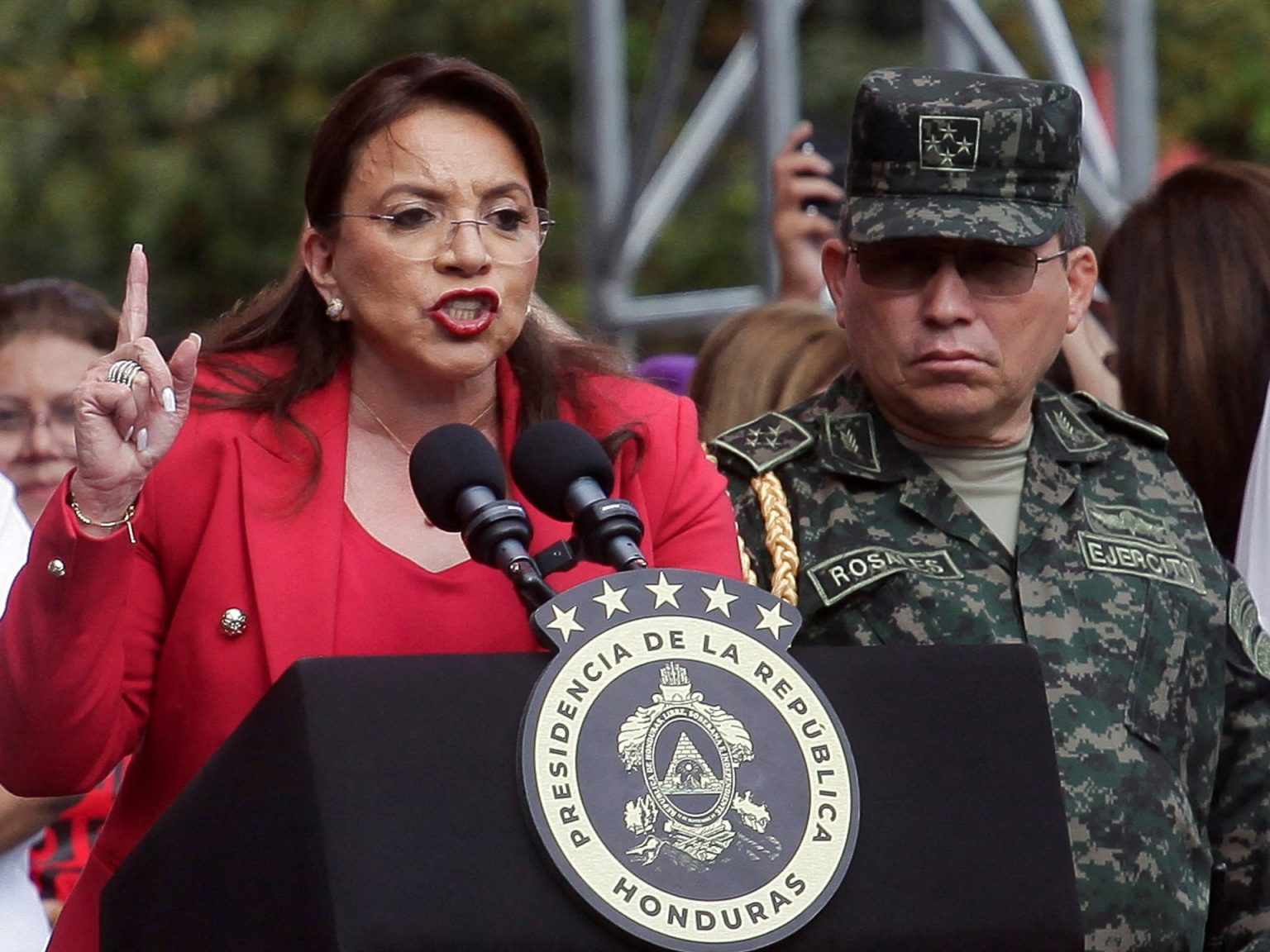President Xiomara Castro of Honduras has announced a series of measures aimed at tackling organized crime, including the construction of a 20,000-capacity “megaprison” and “terrorist” designations for gang members. These measures come in response to a security emergency and public complaints about increasing violence in the country. The plan involves deploying the armed forces and police to intervene in areas with high incidences of gang crimes, such as murders for hire, drug trafficking, extortion, kidnapping, and money laundering.
The construction of the “Emergency Reclusion Centre” in a sparsely populated area between Olancha and Gracias a Dios will significantly increase Honduras’s prison capacity. Additionally, the authorities are calling for reforms to the penal code so that drug traffickers and gang members who commit specific crimes can be designated as “terrorists” and face collective trials. National Police Chief Hector Gustavo Sanchez has ordered the immediate arrest of individuals identified as “intellectual authors, leaders, and gang members”.
Operations will be launched to locate and destroy marijuana and coca leaf plantations, as well as centers used to process illegal drugs. These measures mirror those implemented in neighboring El Salvador, where President Nayib Bukele’s anti-gang campaign has been controversial but has garnered him popularity in Latin America. Honduras previously declared a state of emergency in December 2022, suspending parts of the constitution to combat a rise in crime attributed to gangs. The country’s homicide rate is significantly higher than the global average.
Amnesty International has raised concerns about the heavy-handed security measures introduced to tackle gang violence in Honduras, warning that they have led to abuses and deaths that put the entire population at risk. The new measures announced by President Castro aim to target gang-related crimes and increase security in the country. By designating gang members as “terrorists” and implementing collective trials, the government hopes to deter criminal activity and bring those responsible to justice.
Castro’s plan to deploy the armed forces and police to intervene in high-crime areas and the construction of a new megaprison reflect a proactive approach to combating organized crime in Honduras. The focus on disrupting drug trafficking operations and dismantling drug processing facilities demonstrates a commitment to tackling the root causes of crime in the country. While these measures are controversial, they represent a significant effort to address the security challenges facing Honduras and protect its citizens from violence and criminal activities.


